With the RHEOGRAPH, we offer a flexible platform for the characterization of polymers. The capillary rheometer serves as a basic istrument to which various additional add-ons can be added on a modular basis.
Modular and flexible
The RHEOGRAPH can be optimally adapted to the individual requirements of each application. In the full configuration, the processing behaviour can be comprehensively characterized.
The basic GÖTTFERT capillary rheometer is designed to carry out viscosity measurements with plastics, rubbers and other materials.
Modular add-ons offer additional options for the characterization of materials.
Measuring first normal stress difference at high shear rates via capillary rheometer.

The Shark Skin measuring head is mounted at the bottom of the test barrel instead of the capillary. With this option it is possible to measure exactly at which critical shear rates surface inhomogeneities occur.
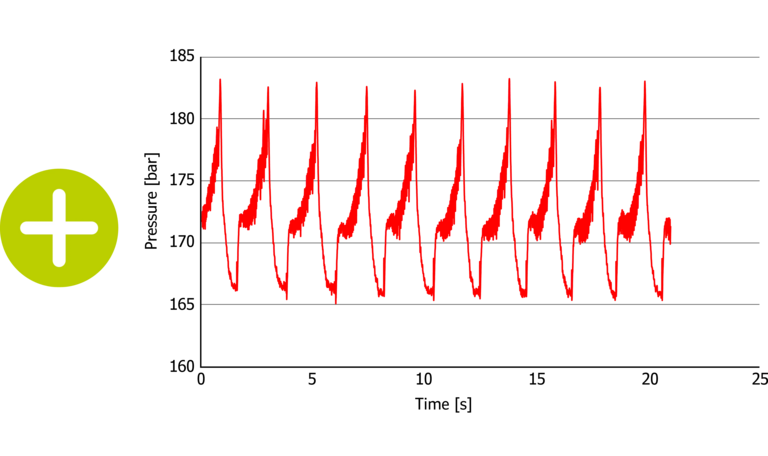
The sensor for thermal conductivity is mounted just like a standard piston. The barrel is closed at the bottom during the test. The thermal conductivity measurement of solids or melt is performed under stationary conditions.
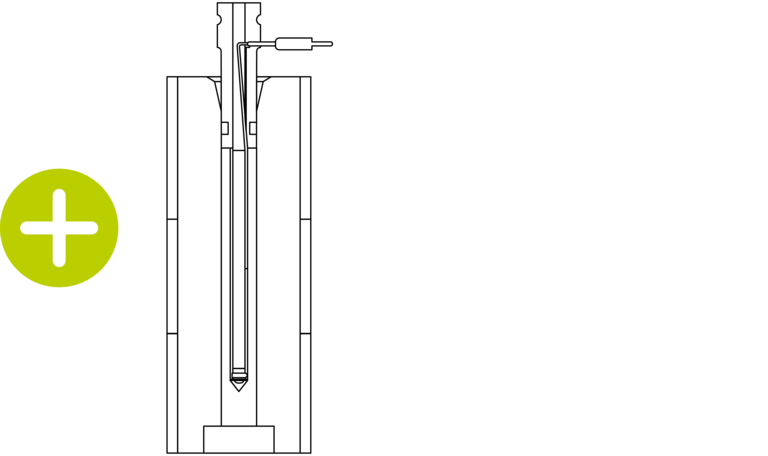
The CONTIFEED is a mini-extruder which directly feeds the test barrel of a capillary rheometer. This add-on is particularly suitable for thermally unstable material, due to the reduced dwell time. The plasticizing with pre-shearing in the extruder, makes the measuring process very similar to the production process.
The advantages of the CONTIFEED:
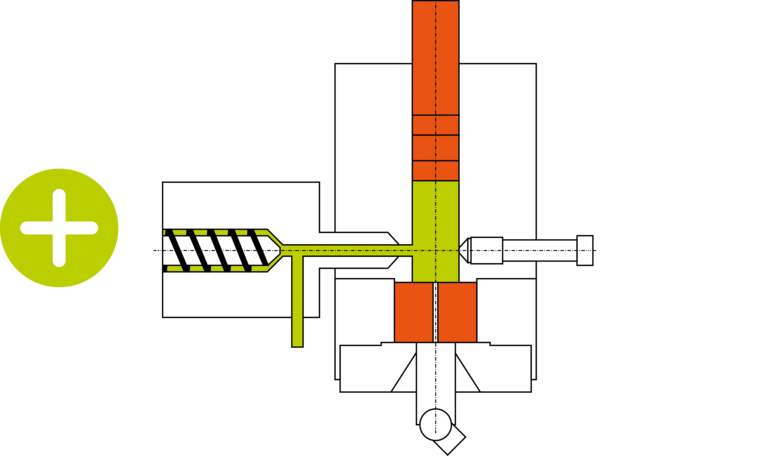
Besides the PVT 500, GÖTTFERT also offers the PVT-measurement as an add-on for the capillary rheometer. The measurement characterizes the material specific dependencies between pressure, specific volume and temperature.
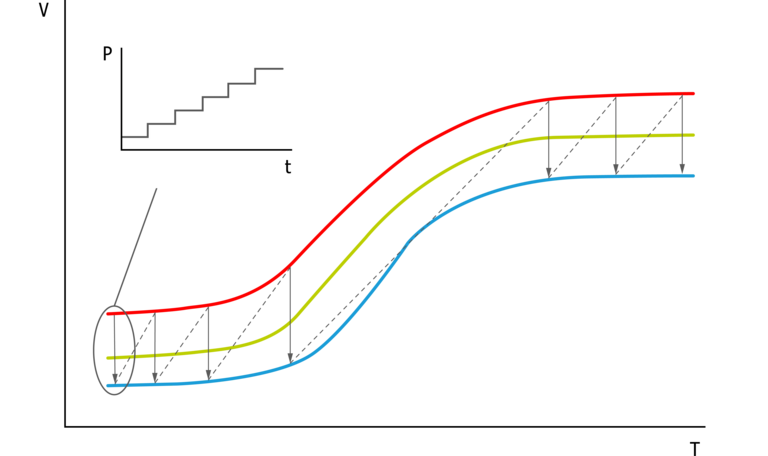 Principle of pVT measurement (isothermal)
Principle of pVT measurement (isothermal)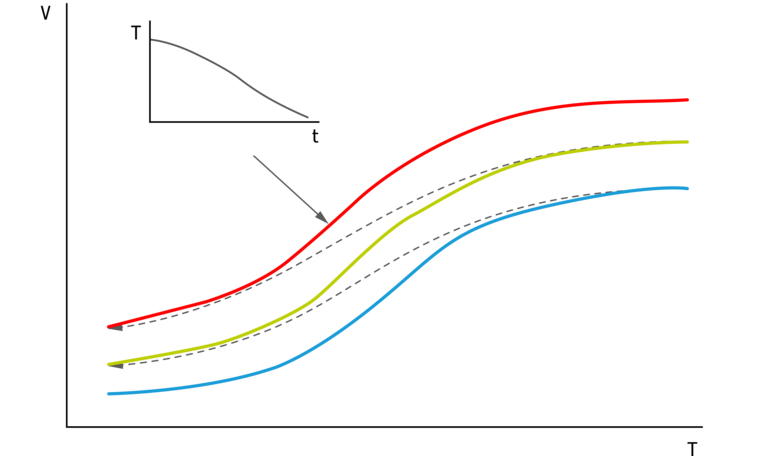 Principle of pVT measurement (isobaric)
Principle of pVT measurement (isobaric)The drawability of polymer melts is of utmost importance in many processes of plastics production and processing.
The patented RHEOTENS method has proven to be an extremely sensitive measuring principle that delivers highly reproducible results to show even minimal batch fluctuations.
In addition to the already existing constant speed and constant acceleration, exponential acceleration is now also possible. The determination of the extensional viscosity function according to Prof. Wagner is an integral part of the RHEOTHENS.
The RHEOTENS is well suited as a processability test for materials used in extrusion or film applications.

Our newly developed HAUL-OFF with a maximum speed of 2000 m/min is particularly suited for the characterization of fibre-grade materials. The system can be operated with constant acceleration or at constant speed steps. The pull-down force is measured via a smooth-running, anti-stick coated measuring wheel on a highly sensitive force transducer.
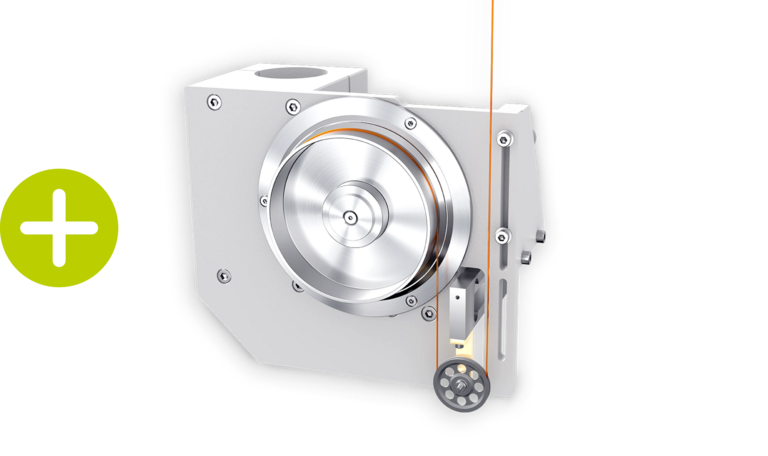
The measuring head is mounted below the die. The measurement can be carried out parallel to a viscosity measurement.

The viscosity of polymers can also depend on the general pressure level. The Counter Pressure Chamber is mounted behind the die and generates a back-pressure at the die outlet, which is measured with an additional pressure sensor.

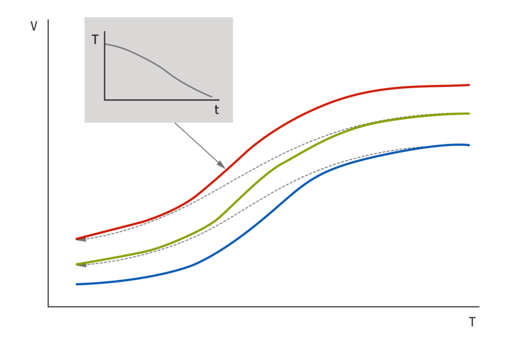
PVT isobaric
This procedure is standardized in ISO 17744 for piston operated instruments. Isobaric PVT measurements are performed at constant pressure...
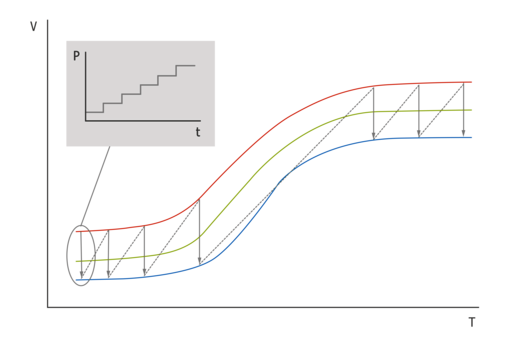
PVT isothermal
In isothermal PVT measurement, the measurement process starts at room temperature after the material is filled at melt temperature and...
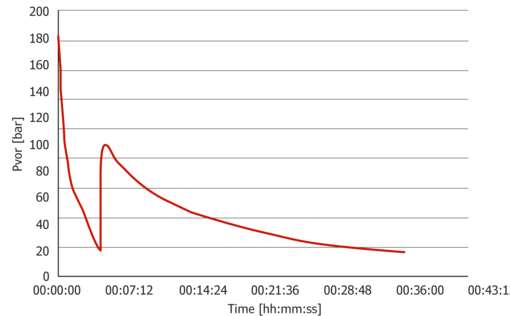
Thermo Stability
Plastics have the property of aging through thermal or mechanical stress...
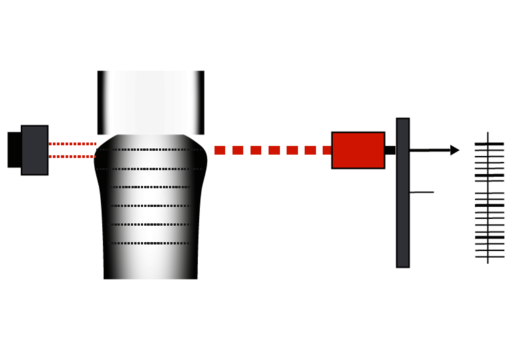
Die Swell Measurement
The Die Swell measurement is one of many available add-ons for the series of GOETTFERT capillary rheometers...
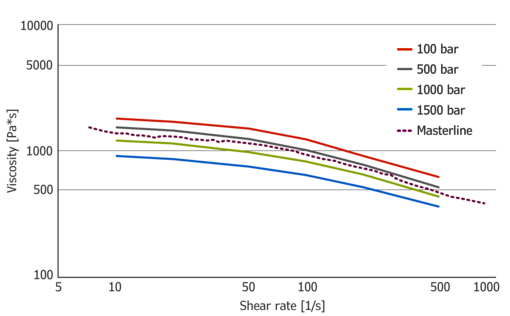
Counterpressure chamber
The counter pressure chamber, which offered by GÖTTFERT as an optional Add-on ...
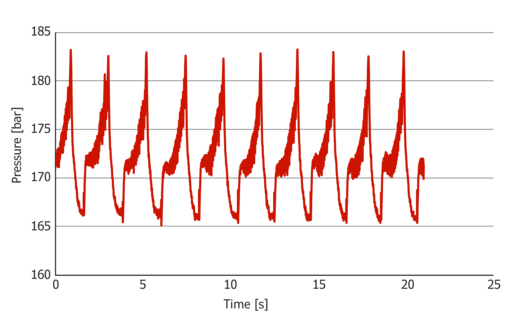
Flow Instabilities (Shark-Skin)
The Shark-Skin effect occurs during the extrusion of plastics, elastomers or food and manifests...
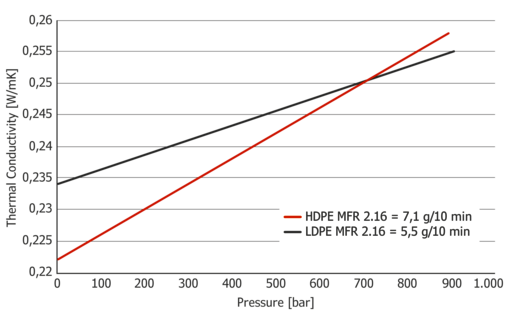
Thermal Conductivity
The measurement of the thermal conductivity is carried out by means of a probe...